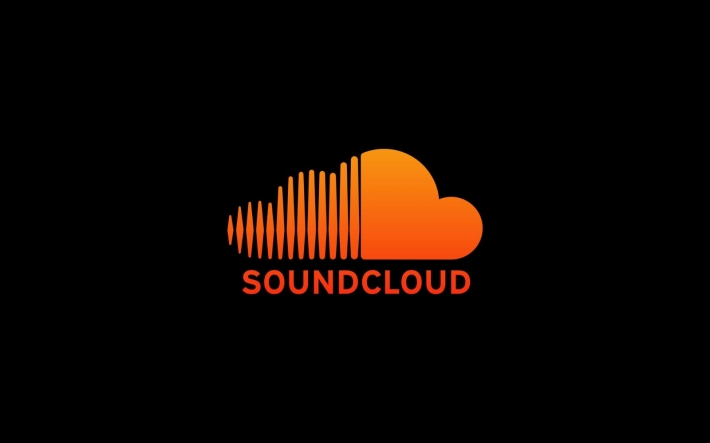

At the beginning of this month, the music platform SoundCloud announced a new royalty system that does not split streaming revenue the way all other music companies currently do. There is an obvious fact that on audio streaming platforms, all artists are not created equal. It’s also true that for an indie artist (and in most cases even a moderately famous act), there is a sum total of zero money to be made. This is why SoundCloud’s new ‘fan-powered’ royalty system that starts from next month is as important as it is.
Here’s how it’s different. The first thing to understand is how almost every current streaming service works. You pay a monthly or weekly or annual fee to Spotify or Apple Music or whatever you use. That money goes into a big pool of funds that is a combination of everything everyone pays. That money is then redistributed, and this is important, based on the total percentage of plays artists get on the platform. You know what that means, right? Drake and Taylor Swift and whoever get the lion’s share of the money you pay (on average) whether you personally listen to them or not because millions of other people do. So the indie bands that you love and support so much get money equivalent to how much their number of plays generates as a percentage of a total (of billions of streams). So even if a hundred of you listen to that small indie artist you all love a lot, they get no more than a miniscule fraction of the money you spent to get the streaming service to support them in the first place.
SoundCloud is doing the opposite with their new system. Basically, the money you spend to use their service and the revenue you generate by watching ads will go directly to the artist you listen to. This means that after SoundCloud takes its cut, your money will go straight to the artist without being combined with other artists’ revenue on the platform. So if your music is on SoundCloud, you are not going up against artists way bigger than you to compete for plays. This is big because there is a distinct possibility that for the first time since music went online, there is a step towards the act of making music and spending time and money in the process being actually profitable to the artist. Should it have always been this way? Maybe. But what does matter is that your relatively lesser known project might end up being viable slightly before you find yourself broke and unable to play gigs in a pandemic.
The system is scheduled to come into place next month and only unsigned independent artists can sign up at present. Of course, you should read up on how to monetize your music on the platform first.
Previous Article The New Single From Niranjan Menon Features Collaboration And Fusion The New Single From Niranjan Menon Features Collaboration And Fusion
|
Next Article Caramel Sons Present Cheerful Indie Rock On New Single Caramel Sons Present Cheerful Indie Rock On New Single
|
Future bass, classical and five artists in one single? Yes, sure.
‘Picnic’ shows her valuing a solid song as much as checking genre boxes
‘year one’ is eminently danceable and listenable






Leave a comment